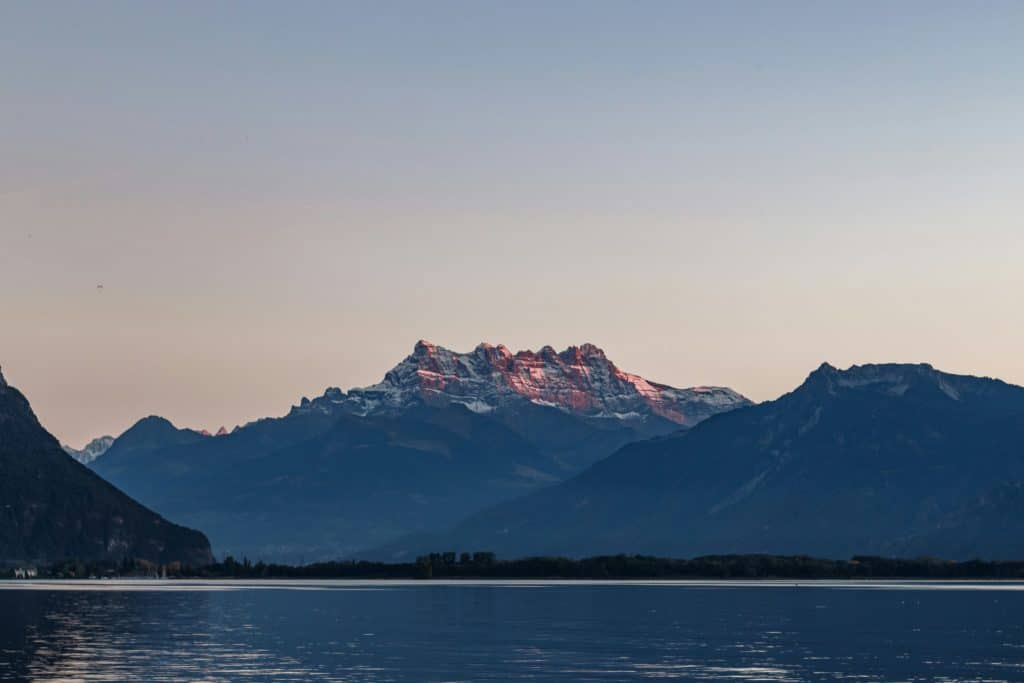The fish of the year in 2022 is the Whitefish, but why do you think that is?
The Corégone, also known as the Féra du Léman, belongs to the Salmonidae family. Of these, the genus Coregonus groups together the largest number of species, which are themselves divided into subspecies. The morphology of the subspecies has gradually adapted to the different environments they colonise and their food sources. The species of interest here is the European Whitefish (Coregonus lavertus).
The Whitefish is known for its great capacity to adapt, with new species being able to develop from an original species in just a few millennia. In fact, it has been able to colonise all the ecological niches available in Alpine lakes, living in both deep water and open water in the central part of the lakes. The Deepwater Whitefish feeds mainly on invertebrates thanks to its downward-facing mouth, which has few branchiospines (bony spines in the gill arches that filter zooplankton). These are short and robust. In contrast, whitefish living in open water feed mainly on zooplankton and have more branchiospines, which are elongated.
The success of its reproduction varies according to climatic conditions and the availability of food for the larvae. The ideal conditions are a cold winter with high oxygen levels, followed by a relatively warm, early spring, enabling the production of zooplankton.
However, the Whitefish's reproductive success is likely to change as a result of global warming. Since 2006, winter and early spring temperatures have generally been higher than average values for the twentieth century. This could have a negative impact on reproduction in winter, but would be favourable for the survival of larvae in spring. This is because the species reproduces when the water temperature is less than or equal to 7°C. Research has shown that water temperatures above 10°C completely block egg-laying and prevent the eggs from developing properly. What's more, Lake Geneva is at the southern limit of their range, which explains why winter temperatures are one of the limiting factors for their survival.
The Whitefish can adapt if conditions allow, but remains highly vulnerable to future climate change. Will it be able to adapt quickly enough to cope with the changes to come?
Sources
Gillet et Goulon (2020) - Systematics of Whitefish, origin and evolution of the Lake Geneva Whitefish population, pp.14-16
Swiss Fishing Federation - Fish of the Year 2022
Photo credit
Legend: the cry of the octopus


